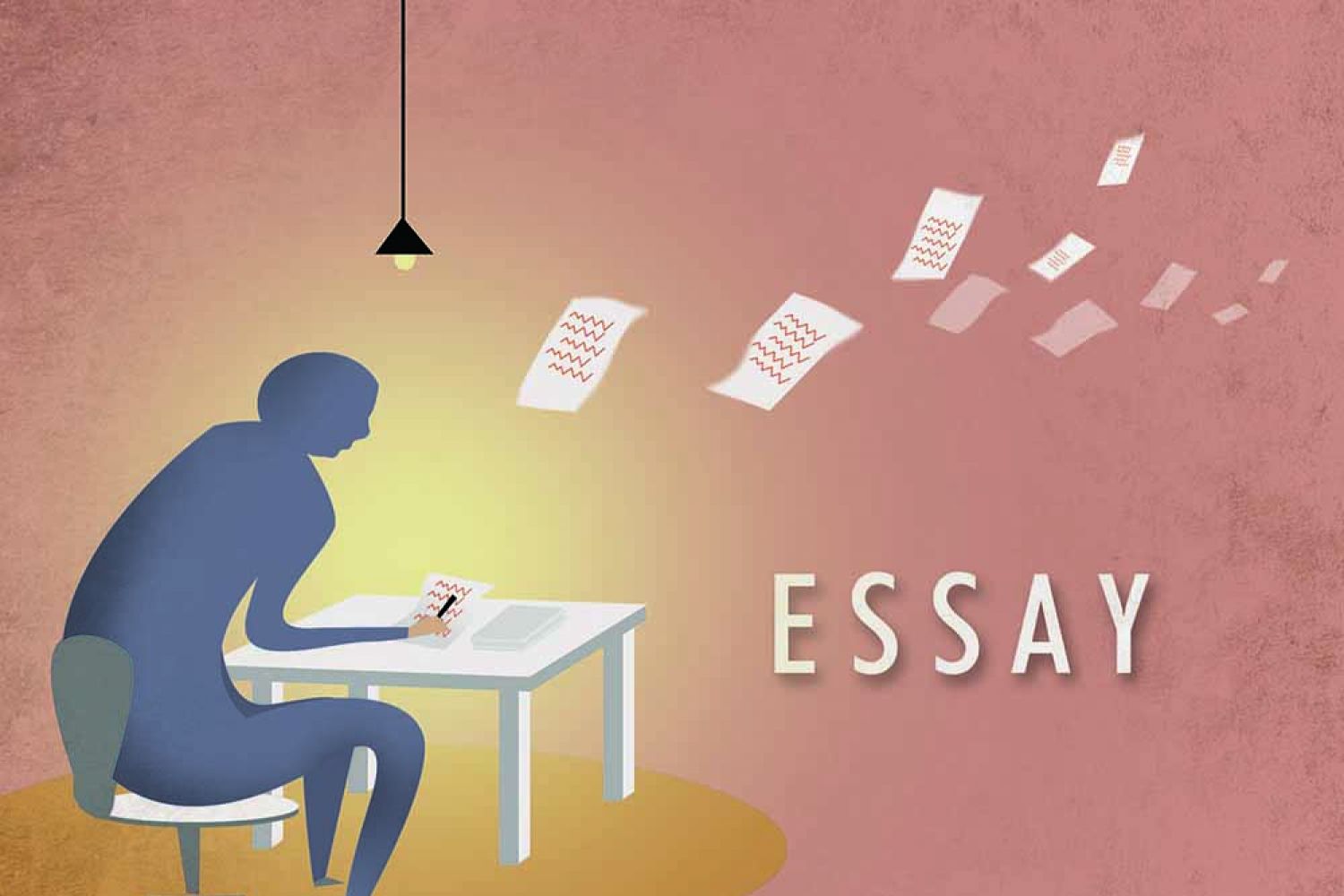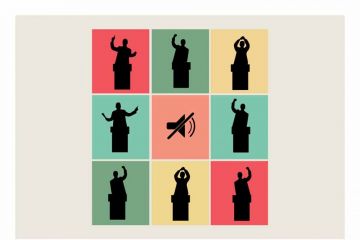
There are few more taboo subjects in Ireland, north and south, than
abortion. Women have travelled to England for abortions since it became legal
there; however until recently few admitted to supporting the right to abortion,
still less to having had one. When, in 1981, the late campaigning journalist
Mary Holland suggested that Irish women who had had abortions should sign an
open letter similar to the 1971 Manifesto of the 343 in which French women
admitted to having had illegal abortions





